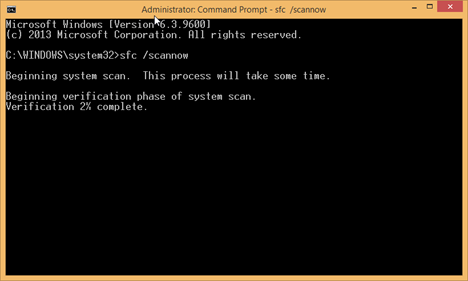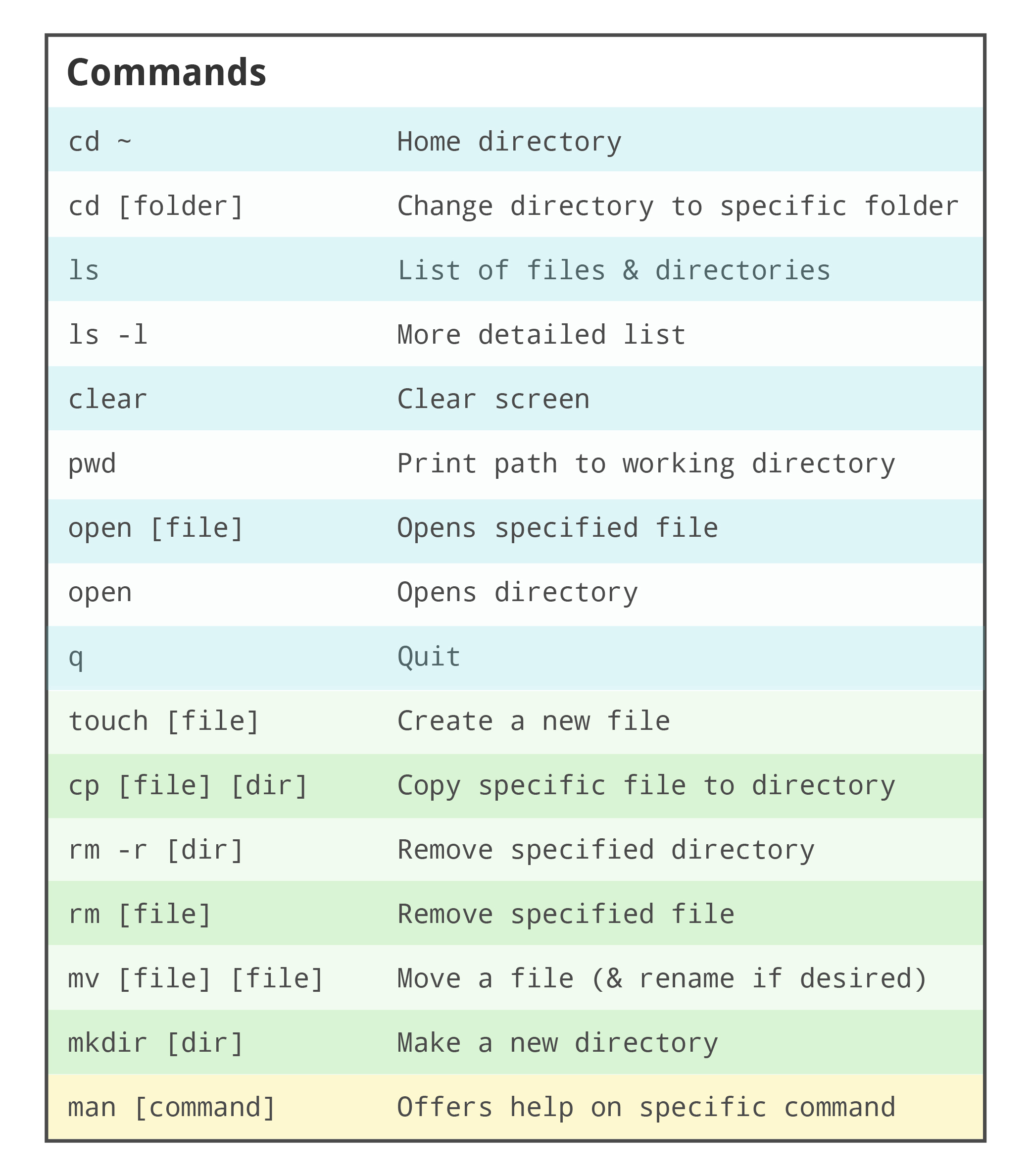

I then tried to find all filenames that start with strings contained within the List.txt from my DirectoryListing.txt file. I also have a List.txt file which contains strings of filenames, ie: ‘12345’. I started by finding all files within a certain directory which contains a bunch of sub directories and such by ‘dir * /s/b | findstr “.*\.*”‘ I pipped the results to a DirectoryListing.txt file to store all the paths. I’ve been trying to find filenames that start with a certain string. What do you do with this filter command “findstr”? This command can be useful in many cases especially when I am creating a log of network activities and have to find a specific thing from the log. You can go through all the switches you can use with the command here. If you don’t specify /M, the output will show the exact text string along with the file name where it found the string.
Windows find file from command line full#
This will give a list of all files with full path containing the text string “reader”. You can also specify a folder for finding a specific text string in multiple files.įindstr /M “reader” “C:\Users\Usman\Desktop\*” find text string in a file Search for a specific string in a folder using Findstr You can also give full path of the file if it’s not in the same directory as opened in command prompt. Search for a specific string inside a single file Using Command Prompt This will show me only secure imap ports opened on my computer.

Netstat | findstr “imaps” Findstr filtering imaps ports

If I want to check which app or IP address is connected to a specific port, I’ll use the following command: If you want to filter the results of a command, you can use | findstr “string_to_find”įor example, I mostly use netstat for checking the connections being made on my computer.


 0 kommentar(er)
0 kommentar(er)
